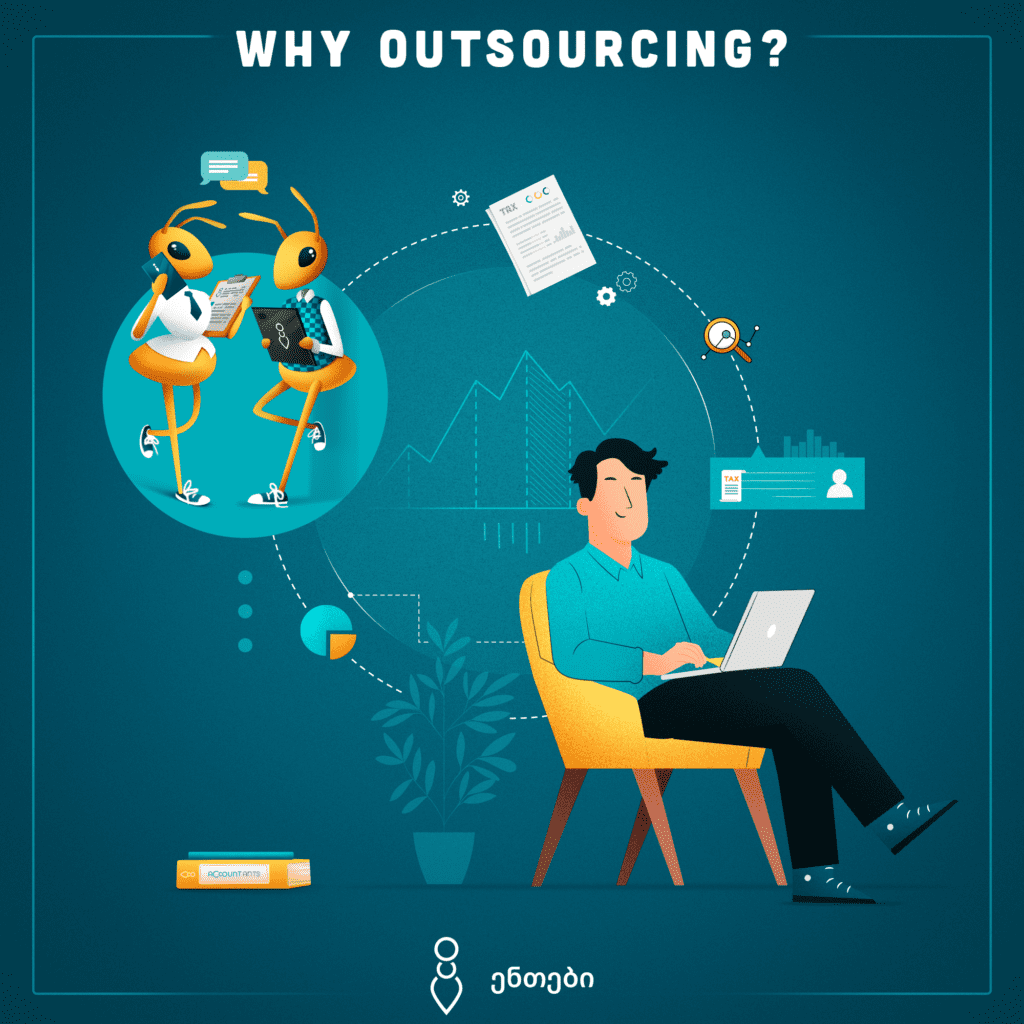Company X and Company Y are identical in terms of their business sector, size, management style, and other aspects. The only significant difference between them is that Company X opted for outsourced accounting services, while Company Y decided to handle accounting internally by hiring an employee. After a few months, Company X smoothly handles all accounting and tax challenges, while Company Y repeatedly runs into multiple troubles. Specific cases are discussed below:
- Qualification and Competence – Company X receives prompt and accurate answers to all its accounting and tax questions. Company Y, on the other hand, encountered several situations where its accountant’s competence was insufficient to plan complex transactions. In Company X’s case, the outsourced accountant involved other team members as needed — including a tax expert and a financial consultant — who jointly analyzed the transaction and advised the client company on the best approach. Company Y’s in-house accountant had no one to consult for a second opinion.
- Tax Liability Insurance – Company Y made a mistake that resulted in a 10,000 GEL fine by the tax authority. Although the company scolded its accountant, it had to pay the fine itself. In a similar situation, Company X turned to its outsourced accounting provider and requested reimbursement for the fine. The outsourced accounting firm investigated and confirmed that the fine was caused by a mistake made by the assigned accountant. As a result, the outsourced accounting firm reimbursed the client company for the amount of the tax fine.
- Stability – Offended by the complaint, the accountant of Company Y resigned and gave the legally required one-month notice period during which the company had to find a replacement. It was very difficult for Company Y to find a qualified accountant, and when they finally hired one, the new accountant refused to take responsibility for the previous records and balances prepared by the former accountant. In contrast, the outsourced accountant assigned to Company X decided to travel abroad for two months, and the outsourcing firm immediately replaced them to ensure service continuity. In addition to the assigned accountant, the outsourced service also involved an assistant-accountant and a portfolio manager, so the handover process was smooth.
- Software Tools – After its accountant left, Company Y discovered that its accounting was being done on outdated and unlicensed software lacking automation and integrations. The company asked the new accountant to migrate old records and balances to a modern system, but the accountant responded that the task was too labor-intensive and could not be done. Company X did not face such issues, as its outsourced accounting provider had used modern accounting software from the beginning and maintained well-organized records for all transactions.
In conclusion, Company X spent less money and received higher-quality results, while Company Y spent more and ended up with disorganized accounting, poor data quality, and tax risks.
